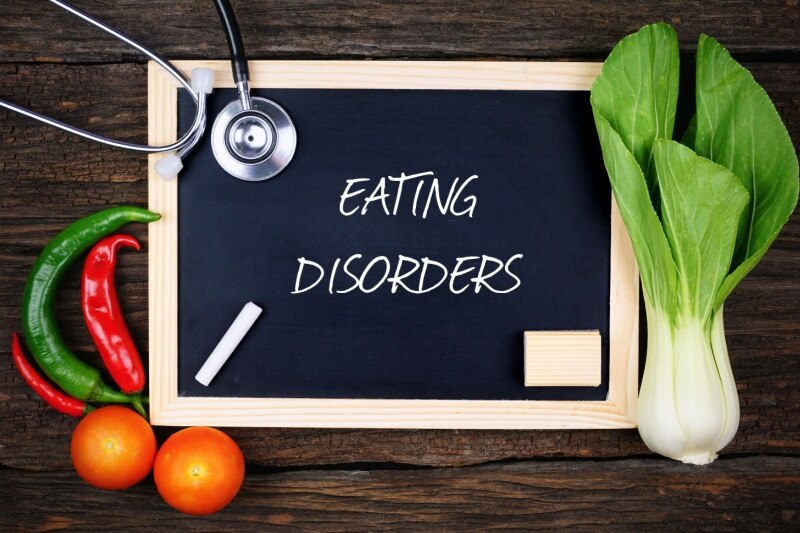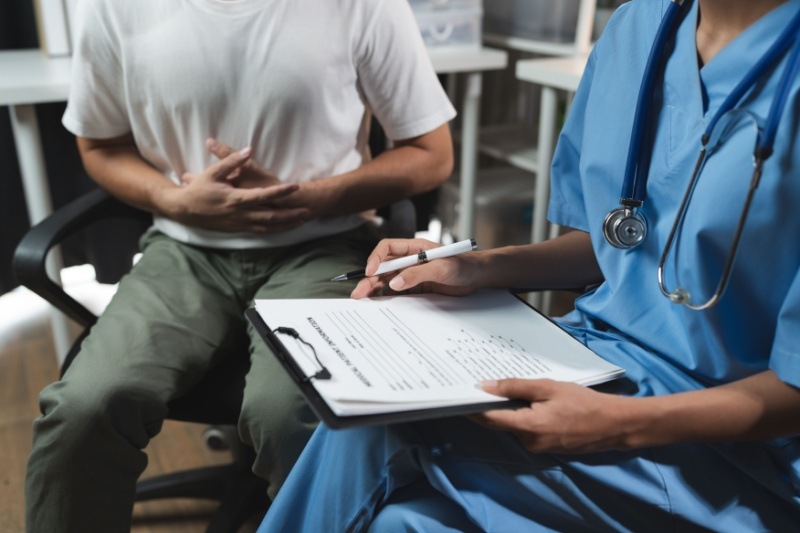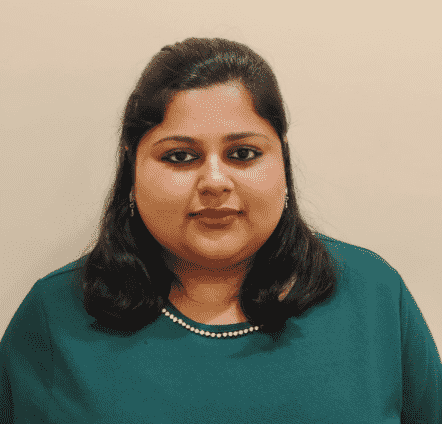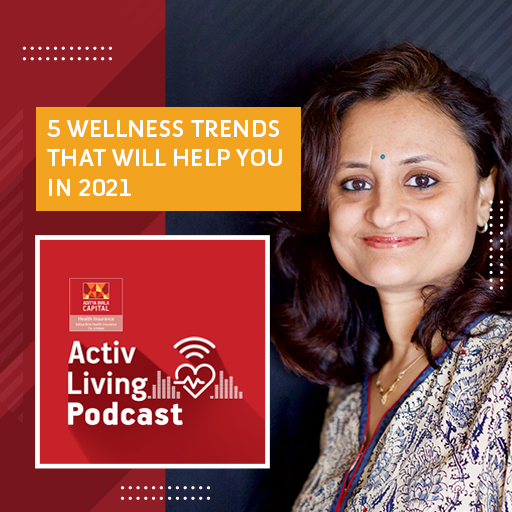
Eating disorders are complicated mental disorders that have the potential to wreak havoc on your lives. These can affect individuals regardless of race, ethnicity, gender identity, sexual orientation, and social background. Since the LGBTQIA+ population faces discrimination, errors in the treatment of eating disorders can worsen your symptoms or conditions.
इनके बारे में जानें:
- What are eating disorders and their effects on the LGBTQIA+ community?
- Eating disorder survey findings
- उपचार
What are eating disorders and its effects on the LGBTQIA+ community?
Eating disorders can be referred to as long-term irregular eating patterns. It is also associated with complex thoughts and emotions. Furthermore, other mental disorders, such as depression and anxiety, may worsen the impact of eating disorders if they are present simultaneously in an individual. Social support systems and financial stability can help reduce the chances of using unhealthy coping strategies like unhealthy eating patterns.
Minority Stress Model (MSM), a public health and social research model, was created to aid in our understanding of the real-world struggles faced by members of marginalized populations. The model suggests that within the social framework of a given culture or society, minority stress episodes (based on race, sexual orientation, gender, disability, etc.) in the form of discrimination and prejudice are more common among specific (oppressed) groups. Members of oppressed populations have worse health outcomes than members of majority groups as a result of such experiences. Significant health inequities may result from this.
People who do not identify with the cisgender-heterosexual identity face continuous pressure from various sections of society to conform to their one-dimensional and rigid views of “normal.” While trying to cope with society’s expectations, the media’s effect may also play a significant role in body dissatisfaction. मानसिक स्वास्थ्य care services in India are trying to facilitate help-seeking amongst the LGBTQIA+ community for any mental pain or distress they may face, including eating disorders.
Normalizing open discussion about emotional pain within the LGBTQIA+ community and enabling individuals to pursue necessary mental health care is one way to bridge the gap between suffering and relief. Mental health care services in India are trying to provide a secure environment where people may talk openly and learn about the various aspects of eating disorders. This can help them make educated decisions about their treatment plans with their medical professionals.
Eating disorder survey findings
In 2021, The Trevor Project (a prominent LGBTQ suicide prevention organization running from Mexico) surveyed around 35,000 LGBTQ youngsters as part of their National Survey on LGBTQ Mental Health.
Some of the key findings of the survey include:
- 9% of LGBTQ people ages 13-24 said they had been diagnosed with an eating disorder. A further 29% said they have not been formally diagnosed with an eating disorder but suspect they have one.
- Transgender boys and men and non-binary people assigned female at birth reported the highest rates of eating disorder diagnoses. They were more likely to say they suspect they have an eating disorder than other gender identities.
- Among racial and ethnic identities, native/indigenous and multiracial LGBTQ youths reported more eating disorder diagnoses than any other races or ethnicities.
Studies such as the ones conducted by Bankoff et al. in 2016 and Diemer et al. in 2015 revealed that, in comparison to their heterosexual and cisgender peers, LGBTQIA people experience a higher prevalence of both clinical eating disorders and eating disorder behaviours.
Types of eating disorders
Anorexia nervosa, bulimia nervosa, and binge-eating disorder are examples of common eating disorders. Each of these conditions is linked to unique symptoms that can occasionally coexist. Any combination of these symptoms could indicate an eating disorder, which calls for a medical professional’s evaluation. It is possible to cure eating problems effectively. An increased risk of self-harm and health problems exists for those who suffer from eating disorders. For a successful recovery, early detection and treatment are crucial.
उपचार

A patient’s family can help them recover. A person with eating or body image issues can be encouraged to get help from family members. In the case of individuals belonging to the LGBTQIA+ population, the chosen family can play this role if the biological family is unsupportive or not in contact with the individual. They can also be fantastic allies for the healthcare professional, offering their perception of the patient’s struggles and providing support throughout therapy.
According to research, treating eating disorders with the family can enhance treatment results, especially for adolescent patients. Treatment regimens for eating disorders may involve medication, dietary counseling, psychotherapy, medical attention, monitoring, or a mix of these.
Typical therapy objectives consist of:
- Regaining sufficient nourishment
- Getting into a healthy weight range
- Cutting back on excessive exercise
- Giving up on binge-purging and binge-eating habits
Being aware of the warning signals is a helpful first step to recognizing the problem early, especially if eating disorders run in your family or in people you may be close to. Early intervention can help break harmful eating habits before they become more complex.
It is important to remember that we cannot choose to have an eating disorder. These conditions may impact a person’s physical, social, and mental well-being. They may pose a hazard to life in specific situations. However, eating disorders can be fully recovered from with support and professional help.
For 24×7 Mental Health Assistance, Call 1800-120-820-050
Stay tuned to the Activ Living Community. Keep up to date with the latest health tips and trends through expert videos, podcasts, articles, and much to on पोषण, फिटनेस, सचेतन, और लाइफस्टाइल से जुड़ी बीमारियां like Asthma, Blood Pressure, Cholesterol, and Diabetes. Activ Living ke saath sahi sehat ki shuruaat ABHIkaro.
You may also be interested in the following blogs:
- Dealing With The Stress Of Family Rejections In The LGBT+ Community In India
- Tips To Manage Mental Health Issues In The LGBTQIA+ Community In India
Popular Searches
How to lower blood pressure | Fruits good for liver | Unhealthy foods | रागी के लाभ | बेसल मेटाबोलिक रेट | हाई ब्लड प्रेशर के लिए एक्यूप्रेशर पॉइंट्स | Ayurvedic medicine for blood pressure | How to control cholesterol at home | Homeopathy for Asthma | Biological Age | Home remedies for TB | Natural beta blockers | Negative effects of internet | Types of walking | ब्लड प्रेशर कैलकुलेटर | ब्लड शुगर कैलकुलेटर | BMI कैलकुलेटर





 1800-270-7000
1800-270-7000









